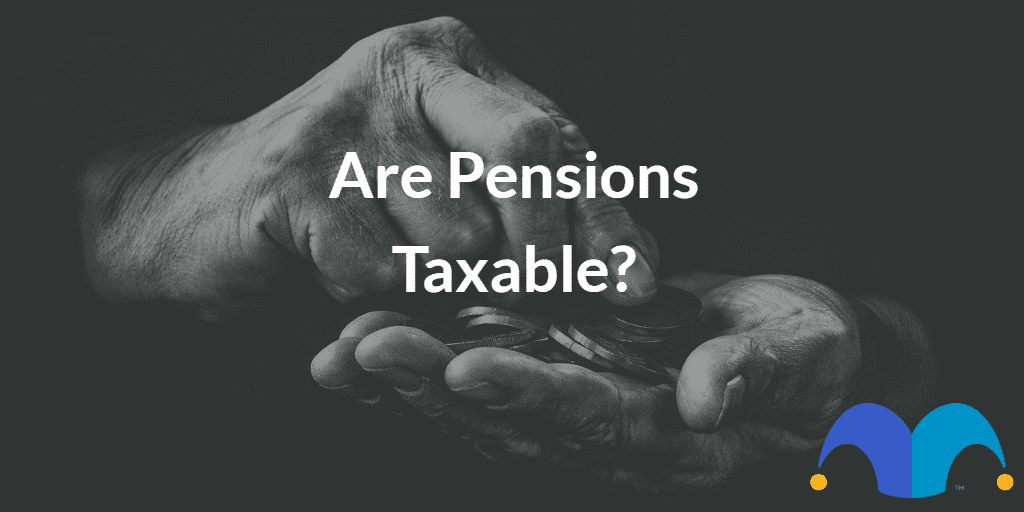Pensions are designed to provide income for you in your retirement. But are pensions taxable? Here is a complete breakdown of how pension taxation works in the UK.
What are the different types of pensions in the UK?
Before we get into pension taxation, let’s first look at the different types of pensions that are available. In the UK, there are broadly three types of pensions.
1. State Pension
The State Pension is money paid to you by the government when you reach State Pension age (which is currently 66 for both men and women).
Eligibility for the State Pension is dependent on your National Insurance record. You need to have at least 10 qualifying years on your record to be eligible for this pension. You need 35 qualifying years of contributions to receive the maximum pension.
2. Workplace pension
This is basically a pension set up by your employer when you start working for a company. There are two types of workplace pension:
- Defined contribution scheme. In this scheme, you contribute some money out of your wages each month, and your employer also contributes. The government then tops this up with tax relief.
- Defined benefit scheme. This is a less common type of scheme that promises a fixed income when you retire, regardless of how much you put in. This income is based on the length of the time you work for the company and your salary.
3. Personal pension
This is a type of defined contribution scheme, but there’s no contribution from your boss. You choose the pension provider and how much you invest.
Are pensions taxable?
In a word, yes.
Pension income is taxed in the same way as any other type of income. But not all of your pension is taxed. When you take money out of your pension pot, 25% is tax free. You pay income tax on the other 75%.
How much tax will I pay on my pension?
This depends on your total income for the year and your tax band.
You do not pay any tax if your gross income does not exceed the standard personal allowance, which is £12,570 for the 2021/2022 tax year.
If your gross pension income exceeds your personal allowance, then you are liable to pay income tax on the amount that exceeds this personal allowance.
Different rates of income tax apply to different income tax bands. The rate is:
- 20% for the basic rate band (earnings between £12, 570 and £50,270)
- 40% for the higher rate band (earnings between £50,270 and £150,000)
- 45% for the additional rate band (earnings over £150,000)
It’s worth noting that your tax-free amount does not count against your personal allowance.
For example, if you withdraw the 25% portion of your pension pot that is not taxable as a lump sum, you will only be liable for income tax that year if the rest of your gross income for the year (including any income from your other pensions) exceeds your personal allowance.
What about the State Pension?
The State Pension is considered to be ‘earned income’, just like the income from other pensions, and is potentially taxable. However, whether you actually pay tax will depend on your total income.
For example, the standard personal allowance, as mentioned, is £12,570 and the maximum new State Pension you can get this year is £9,339.
If the State Pension is your only income, then you will not pay any income tax as it’s below your personal allowance. But if you have income from other sources that pushes your total income above your personal allowance, you will pay income tax on everything above this amount.
How is the tax on pensions paid?
The money you take from your personal or workplace pension pot comes from your provider with tax already taken off. The provider will also deduct any tax owed on your State Pension.
If you have multiple providers (for example, a personal pension and a workplace pension), each one will be assigned a tax code for the income they pay you. This essentially allows them to calculate how much tax they should deduct and pay to HMRC on your behalf.
Also, if you usually get payments from more than one provider, HMRC will ask one of your providers to take the tax off your State Pension.
